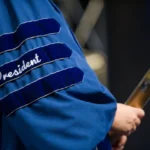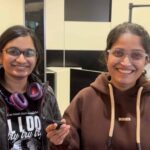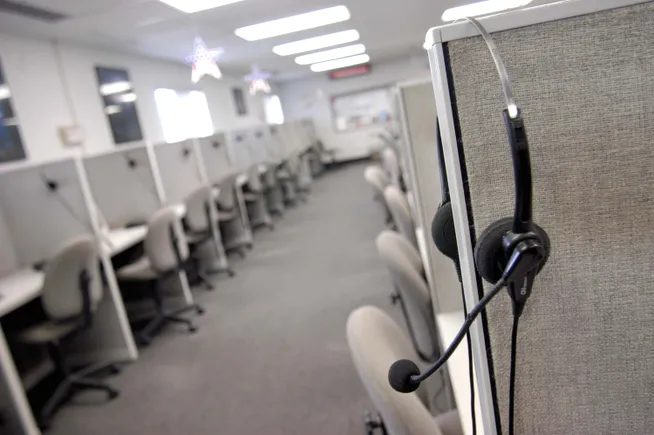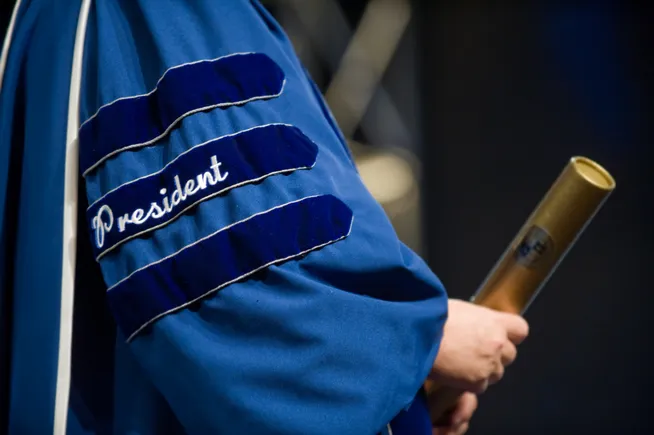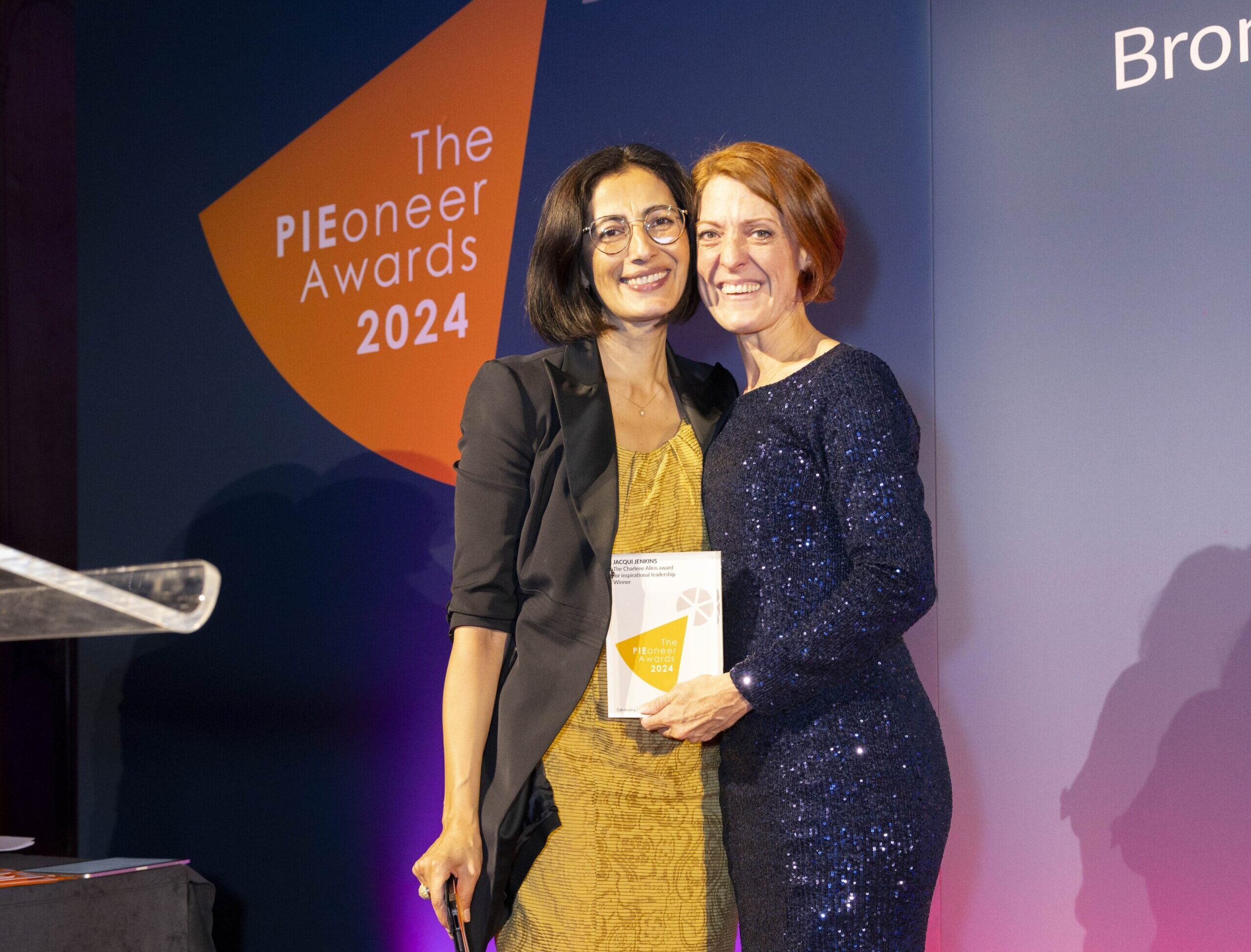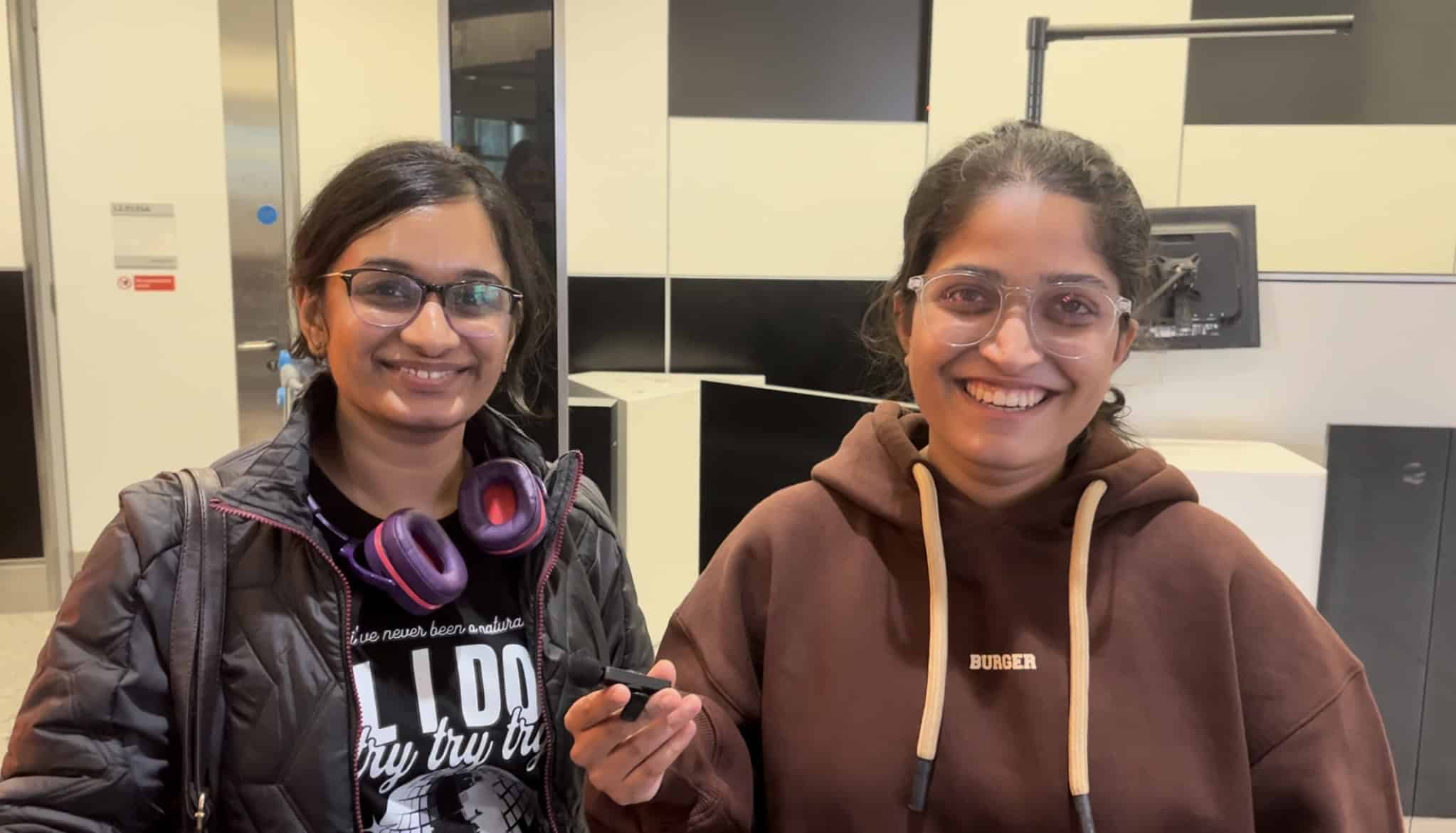Transnational education (TNE) involves TAFE Queensland delivering high-quality courses to students and businesses offshore. Delivery models for offshore training can vary, including online or distance learning, joint programs or partnerships with local institutions.
Our goal for TNE is to support the sustainability of a quality vocational education and training sector and enhance global employability and fill required skill gaps with internationally recognised qualifications.
TNE is a vital component of vocational education and training moving forward – providing students and industry with high-quality courses delivered offshore. At TAFE Queensland we offer a range of delivery models, including online or distance learning, joint programs, or partnerships with local institutions.
Our goal for TNE is to support the sustainability of a quality vocational education and training sector, enhance global employability, and fill required skill gaps with internationally recognised qualifications. And opportunities and challenges abound.
Since 2023, TAFE Queensland has engaged in TNE partnerships supporting successful outcomes to students in China, Japan, Nauru, Indonesia, East Timor, South Korea, and Taiwan, including virtual, face-to-face, and hybrid training models. In recent months, TAFE Queensland has been building relationships and leveraging learnings from past and current TNE work, including projects in Indonesia, China, and the Middle East.
Most recently, in a successful partnership with IACEPA-Katalis and Traveloka, Southeast Asia’s leading travel platform, TAFE Queensland developed and delivered high-quality digital literacy training to address the skills gap and enhance Indonesia’s tourism sector. In early July, 30 participants, including representatives of the Surabaya City and East Java Provincial governments, attended the five-day training at Universitas Ciputra Surabaya.
In the coming months, another partnership between TAFE Queensland and Indonesian learning platform BINUS Center, also supported by Katalis, will offer 12 new Australian-standard ‘micro-credential’ courses. These courses are designed to upskill participants in a range of relevant topic areas, contextualised for the Indonesian workforce, and delivered in Bahasa.
Our goal for TNE is to support the sustainability of a quality vocational education and training sector and enhance global employability
This new model will involve TAFE Queensland applying our extensive expertise in delivering industry-relevant training to Indonesia, aiming to assist even more people in advancing their careers. Inclusive vocational education and training is critical to a productive workforce. We are committed to building a strong partnership with BINUS Center and Indonesia to develop local skills.
From a vocational education and training perspective, key barriers to TNE growth include funding and risk management. Public providers often rely on establishing meaningful, two-way partnerships to mitigate these risks.
The high upfront investment in TNE comes with uncertainties such as control of quality including registration requirements, navigating external political environments, complexities and differences between vocational education and training (VET) and higher education and different government rules/regulations across differing environments.
To deepen TNE partnerships and collaboration, Australian training providers could:
- Increase sector research and share opportunities among providers
- Support the establishment of nationally recognised TNE definitions
- Secure funding to explore initial partnerships
- Invest in technology-driven training modalities to manage costs and maintain quality.
There is immense potential for Australian education institutions and training providers to expand their reach and impact globally. By fostering strong partnerships and embracing innovative approaches, we can continue to deliver high-quality education and training that meets the needs of diverse international markets.
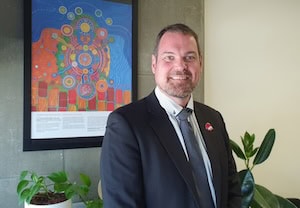
About the author: Russell Mckay is a highly experienced workforce development economist with over 20 years of working experience in multiple global locations. An academic leader with extensive experience in academic governance, rural economic development/poverty alleviation, workforce development and land reform. With a solid foundation in agricultural economics gained in South Africa, Russell’s career has progressed to encompass international aid and development work before ultimately transitioning into the vocational education and training sector. Responsible for TAFE Queensland’s entire international portfolio, including all inbound international students and all offshore delivery undertaken by TAFE Queensland.
Expertise/special interest: Russell has extensive international experience and a passion for growing inbound international student experience, as well as developing and managing offshore program delivery. Russell is TAFE Queensland’s managing contractor representative for the Australia Pacific Training Coalition (APTC) program. Russell’s focus is on sustainable workforce employment through technical vocational education and training globally, including developing new global transnational education products and services. Russell has led evaluations of flagship federal and state-level reform initiatives for vulnerable populations and financial wellbeing services. Expertise extends to leading service offerings in skilling for workforce development, including monitoring and evaluation, value for money assessments, quality assurance, and project design for various international programs. Experience in aid and development, and evaluation of Australia Awards programs across the higher education sector have also seen a focus on evaluating student outcomes as a result of interventions, pre-, during and post study.
Qualification
Bachelor of Science (Agricultural Economics).
#Transnational #education #TAFE #Queensland #explores #horizons

